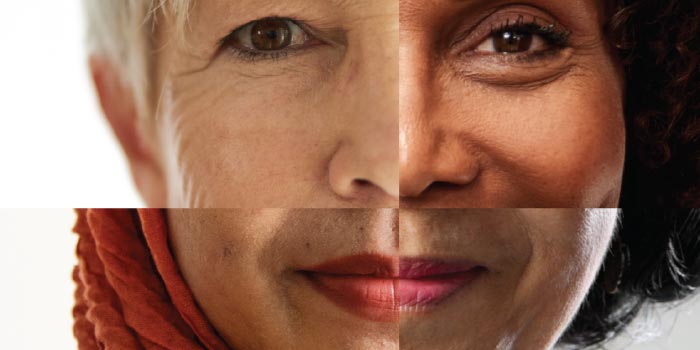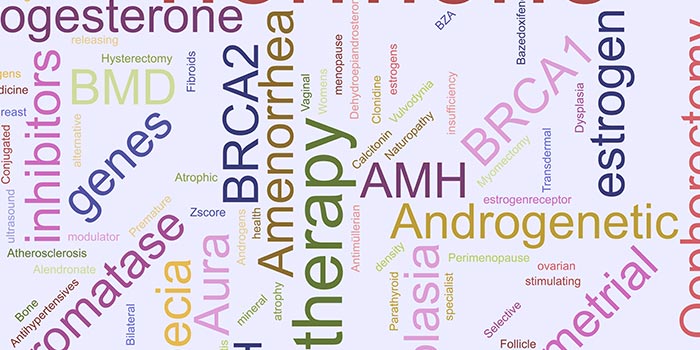Menopause Education for Patients
The Menopause Society has the resources to help women during the menopause transition and beyond.

Menopause brings with it sudden and often unexpected changes that can impact both physical and mental health. As women face this transformative journey, numerous questions and conflicting opinions arise about the best approach to manage menopause, which can last for one-third of their lifetime. Each woman’s experience is unique, and there is no standard road map, making it difficult to anticipate what lies ahead.
We built our Patient Education section to help guide women through that phase by providing a comprehensive resource hub aimed at equipping women with the knowledge they need to navigate menopause effectively and make informed decisions about their bodies and health.
Offering a selection of materials that distill the latest research and medical insights into easily understandable language, this initiative empowers women to embrace this chapter of their lives with confidence and clarity.
Choosing a Healthcare Practitioner
The best way to deal with something new and unknown is to face it head-on – with the help of professionals who can help guide the way. Take an active role in your menopause journey and find the right healthcare professional for you.


Menopause Topics
As women go through the menopause transition, there are common signs and symptoms most women experience. But it can be difficult to tell whether a symptom is related to menopause, an underlying health concern, or even just normal aging. In this section, we take a deep dive into both common and unexpected menopause symptoms and health topics.

- Hormone Therapy
- Hot Flashes
- Sexual Health
- Mental Health
Hormone therapies are the prescription drugs used most often to treat menopause symptoms including hot flashes.
Hot flashes and night sweats are the most commonly reported symptoms of the menopause transition. They are characterized by a sudden, intense sensation of heat in the upper body—particularly the face, neck, and chest. Night sweats are hot flashes that occur during sleep.
Sexual health is important to one’s overall sense of self and well-being, but it is important to note that there is no standard to meet when it comes to sexual activity and desire. Some experience a significant decline in desire at midlife, some have an increased interest, and others notice no change.
Memory and other mental (cognitive) abilities change throughout life and decline with age. Cognitive function at midlife appears to be influenced by the stage of menopause and by menopause symptoms such as sleep difficulties and mood changes.




